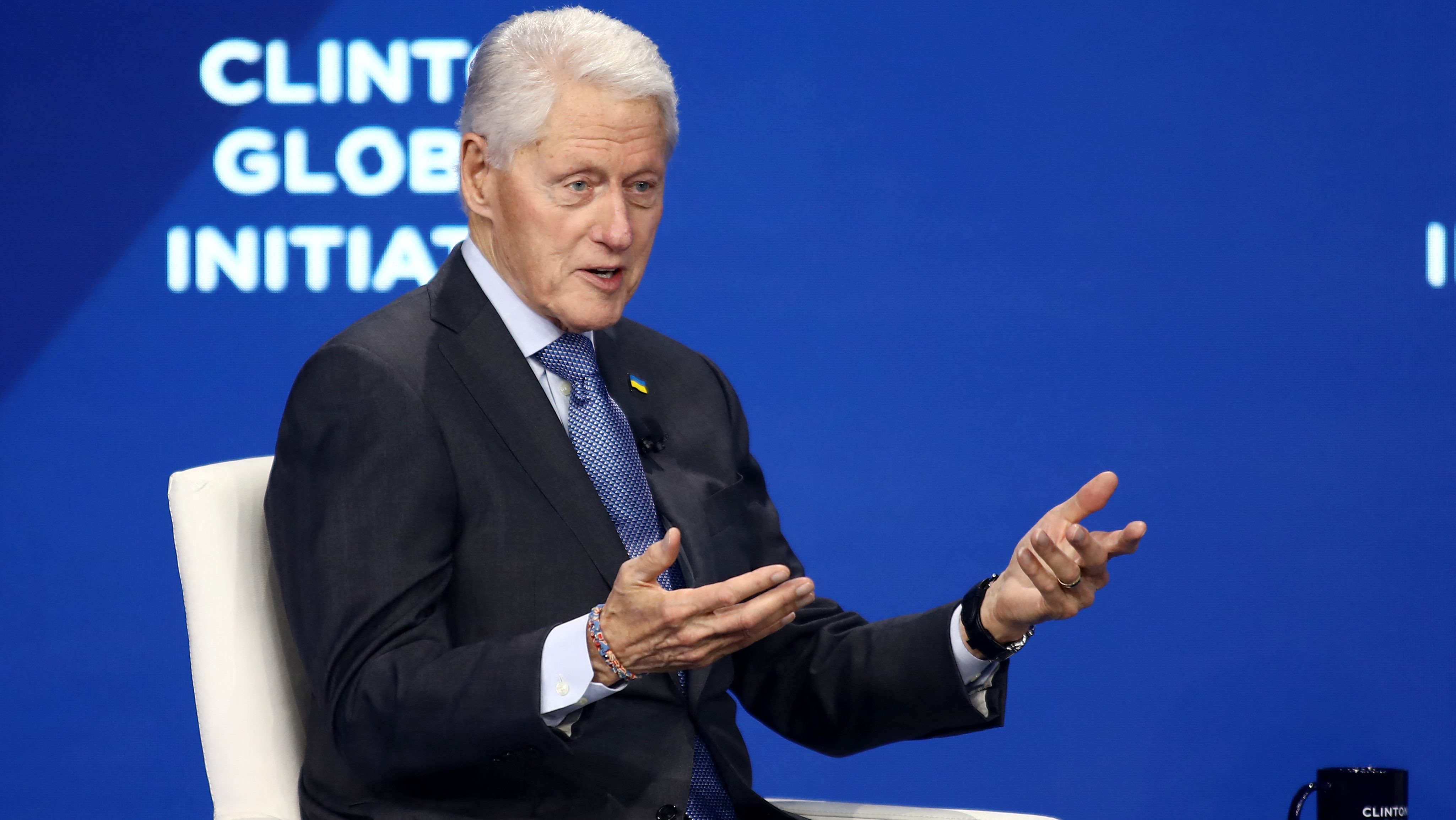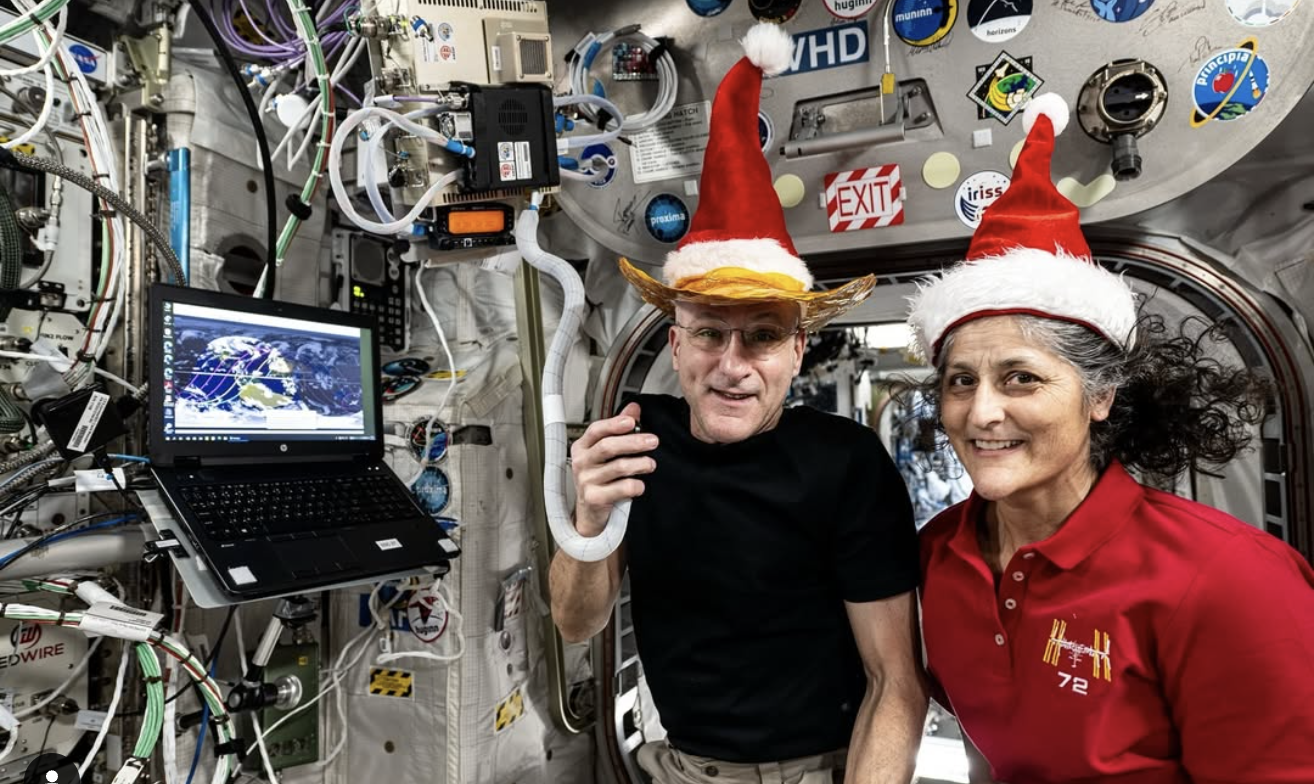A large fireball lit up the night sky across the San Francisco Bay Area and accompanied by a loud boom Wednesday, thrilling observers.
Early bets said the 7:40 p.m. streaking spectacle was a meteor. NASA posted on a science website that this was the week to watch for the Orionid meteor shower caused by Halley’s Comet.
But experts told NBC Bay Area that Wednesday's streak was not from Orion because the earth was shielding the Bay from those meteors.
Either way, the event caught the attention of hundreds, if not thousands of people.
"I saw one giant, bright as close as a firework ball of light with long tail out visiting my parents in Forestville. One of the coolest things I've ever seen, nothing at all like a shooting star," observer Jessica Collins said on NBC Bay Area's Facebook page.
NASA Ames astronomer Peter Jennikens helped NBC Bay Bay Area get the photo shown below. Jennikens said he would be up all night researching where the meteor may have landed. He will be out early Thursday morning looking for remnants.
Beppy Tobeler told NBC Bay Area via Facebook that she saw it from Dublin Security Storage. "It was so low and close I thought it was someone setting off fireworks," Tobeler said. She said it sailed across the sky and broke up in several pieces.

Steve Siegel said he saw it from Sunnyvale. He described it as a super bright streak going north about 30 degrees into the sky. He said it lasted for 7 or 8 seconds.
U.S. & World
People at the Lick Observatory posted two raw clips of the what they said was a meteor breaking up over San Jose. It was taken by a security camera from the top of the observatory and shows a large round fireball.
An article on NASA Science News said that every year in mid-to-late October, the earth passes through a stream of dusty debris from Comet Halley. It promised sightings in the pre-dawn hours. Wednesday night's streak was in the evening hours. Also, usually the meteor showers related to Hailey's Comet are much smaller than what was described.
NASA said that the highlight of the Orionid meteor shower is coming this weekend
"We expect to see about 25 meteors per hour when the shower peaks on Sunday morning, Oct 21st," says Bill Cooke, the head of NASA's Meteoroid Environment Office.



